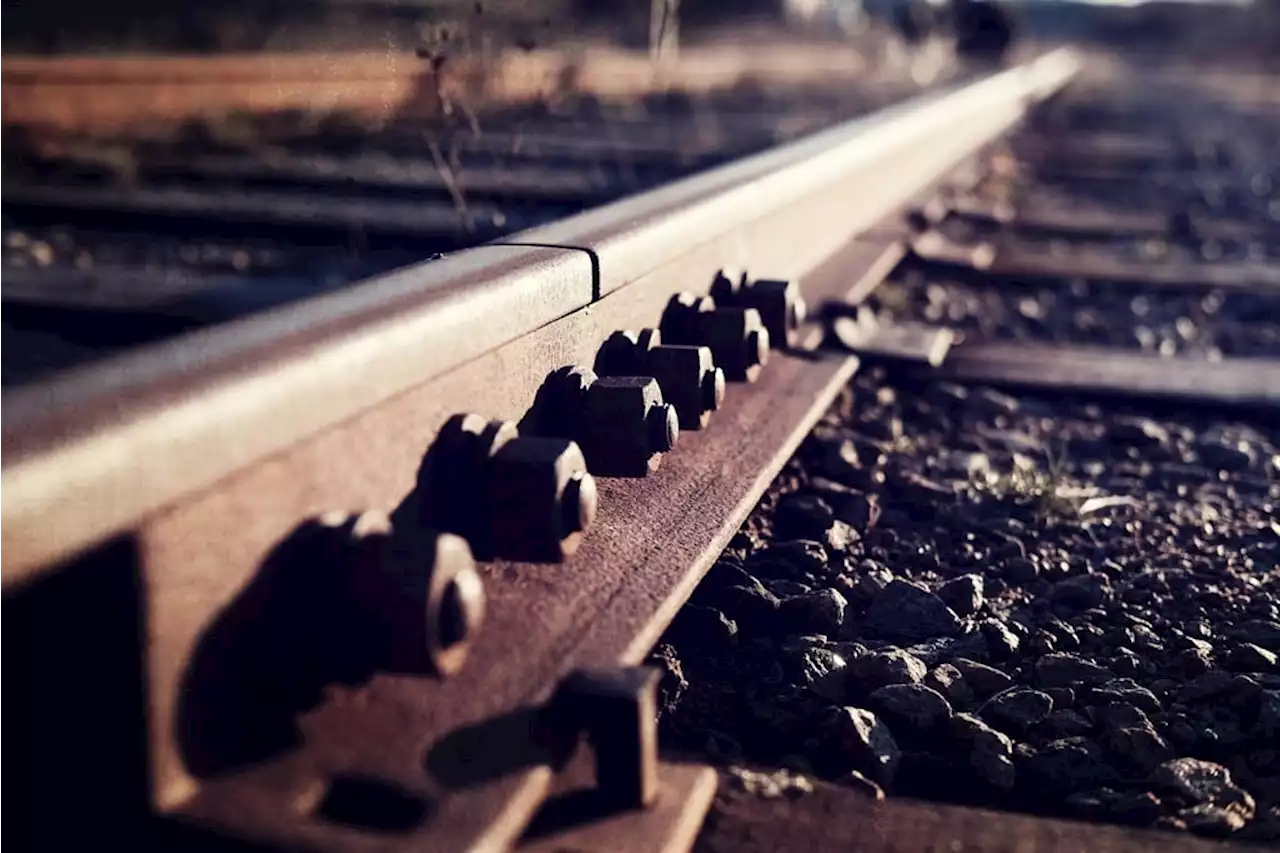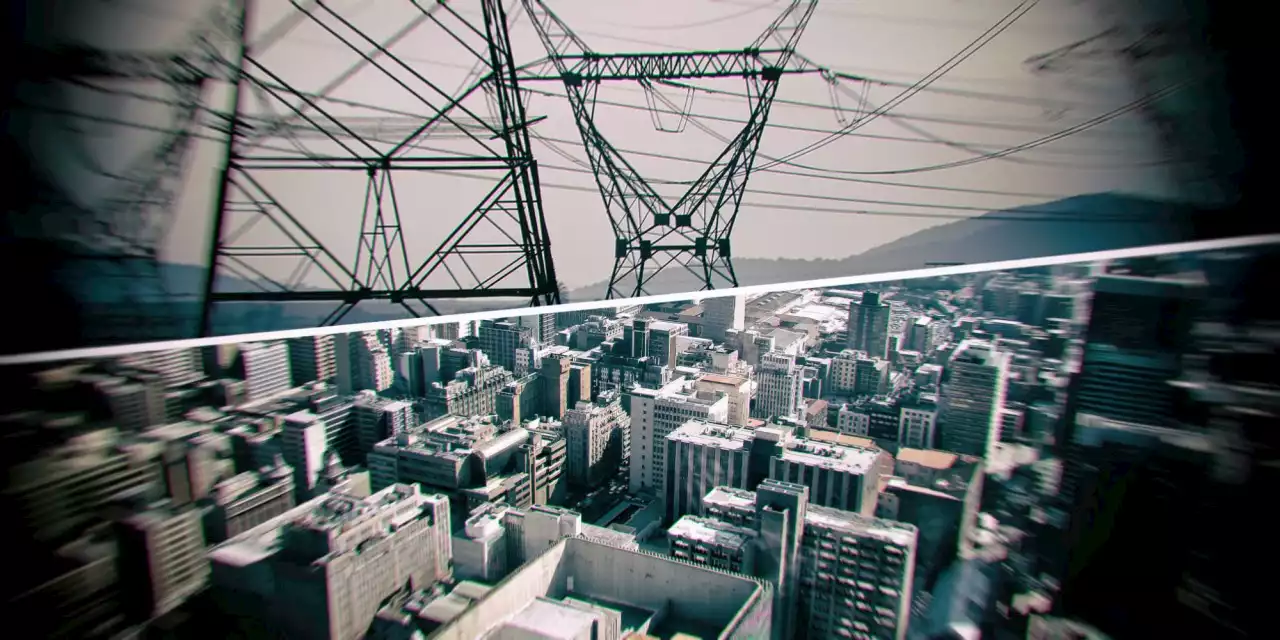South Africa could become an apocalyptic wasteland if it fails to take future-proofing seriously. Current crises such as water shortages and load-shedding exist because we ignored the initial warning signs — as we are doing with the environment
In recent years, railway beds in the UK have melted from extreme heat, electricity grids have frozen in Texas, and Europe has ground to a halt as a result of catastrophic flooding. In South Africa, KwaZulu-Natal was hit by severe flooding in 2017, 2019 and again in 2022. The most recent event was the worst in the country’s history.
Global temperatures have already risen 1.1°C relative to pre-industrial levels, and the scientific consensus is that further warming is inevitable. The harm is expected to become exponentially worse if global temperatures increase beyond 1.5°C, as seems likely. ..
United States Latest News, United States Headlines
Similar News:You can also read news stories similar to this one that we have collected from other news sources.
 South Africa suffers first current-account deficit in three years | BusinessSouth Africa posted a current-account deficit for the first time in three years in 2022 as imports increased and power shortages and logistics—network constraints curbed exports, heightening the nation’s vulnerability to external shocks.
South Africa suffers first current-account deficit in three years | BusinessSouth Africa posted a current-account deficit for the first time in three years in 2022 as imports increased and power shortages and logistics—network constraints curbed exports, heightening the nation’s vulnerability to external shocks.
Read more »
South Africa posts first current account deficit in three yearsThe current-account gap and budget shortfall make the country vulnerable to external shocks amid deteriorating global economic prospects.
Read more »
South Africa posts first current account deficit in three yearsThe current-account gap and budget shortfall make the country vulnerable to external shocks amid deteriorating global economic prospects.
Read more »
 LETTER FROM THE MIDDLE CLASS: A worm’s eye view of South Africa’s current despairMost commentary and opinion pieces addressing South Africa’s current crises are focusing on the big picture of the failure to provide reliable electricity and create a sense of real security for the nation’s people, and of the ongoing difficulties in achieving actual infrastructure improvements. But what do these collective failures feel like for average people living in a middle-class neighbourhood? And what does it portend for the future?
LETTER FROM THE MIDDLE CLASS: A worm’s eye view of South Africa’s current despairMost commentary and opinion pieces addressing South Africa’s current crises are focusing on the big picture of the failure to provide reliable electricity and create a sense of real security for the nation’s people, and of the ongoing difficulties in achieving actual infrastructure improvements. But what do these collective failures feel like for average people living in a middle-class neighbourhood? And what does it portend for the future?
Read more »